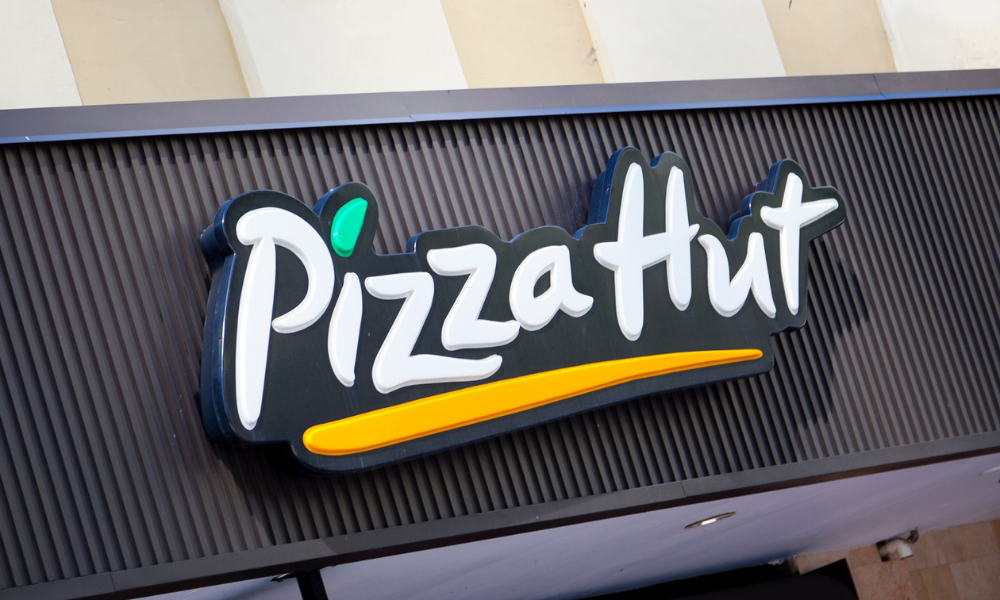
The decision came as courts around the world clarified the employment status of gig economy workers

The Supreme Court has thrown out the bid of two Pizza Hut franchisees to label their workers as independent contractors rather than employees.
The 4 November 2021 decision came as courts around the world sought to clarify the employment status of workers in the gig economy, including Uber and food delivery drivers. Not only did the court dismiss the appeal of Gill Pizza Ltd and Malotia Ltd, the franchisees were also ordered to pay $15,000 in costs.
Gill Pizza and ors v A Labour Inspector involved an action brought on behalf of 28 pizza delivery drivers to recover wages and holiday pay entitlements that they claimed were owed to them by Gill Pizza Ltd and Malotia Ltd. The franchisees argued that the delivery drivers were independent contractors and not employees; therefore, they were not covered under the Minimum Wage Act 1983 and the Holidays Act 2003.
As a result, the drivers were not entitled to overtime payments, sick leave, superannuation benefits, holiday pay, redundancy pay, or other reimbursements, the franchisees submitted.
The case first went before the Employment Relations Authority (ERA), which determined that it lacked the jurisdiction to decide whether or not the drivers were employees. On appeal, the Employment Court ruled in the franchisees' favour and held that the ERA's jurisdiction did not extend to matters where employment status was an issue. The court opined that where the type of employment relationship was in contention, a labour inspector was required to seek a declaration of status from the Employment Court before the ERA could rule on subsequent issues.
The Court of Appeal subsequently overturned the Employment Court’s decision, judging that the drivers were employees. The appeals court commented that the express object of the legislation was to recognise that judicial intervention needed to be made by “a specialist decision-making body that is not inhibited by strict procedural requirements.”
The Supreme Court sided with the Court of Appeal, saying that allowing the ERA to determine employment status would ensure that decisions are made “as efficiently and cheaply as possible.”
The Supreme Court’s judgment follows the landmark judgment of Diego Franco v Deliveroo Australia Pty Ltd in Australia. The Australian High Court decision, which was handed down in May 2021, classified a Deliveroo driver as an employee and therefore protected from unfair dismissal.